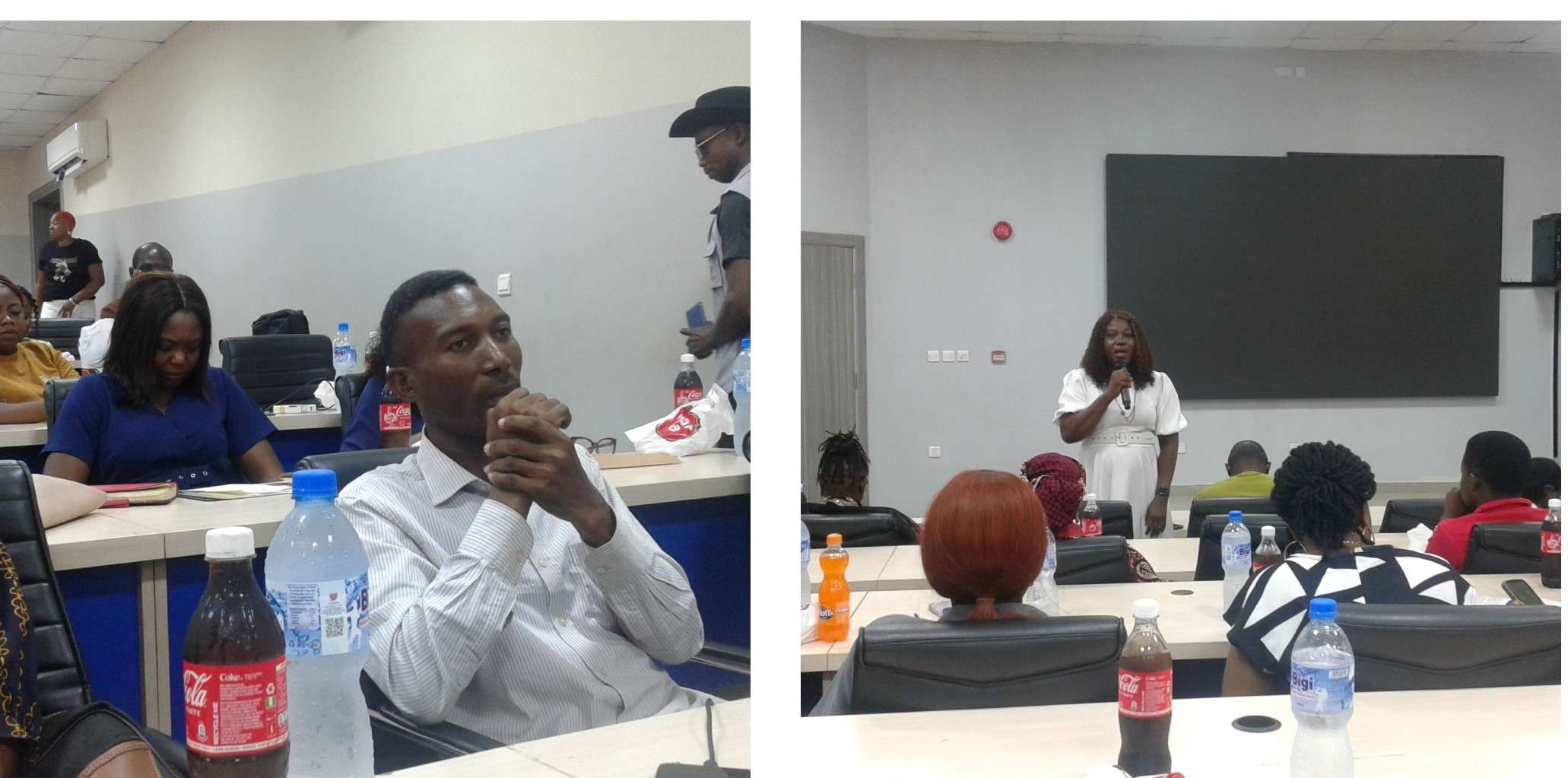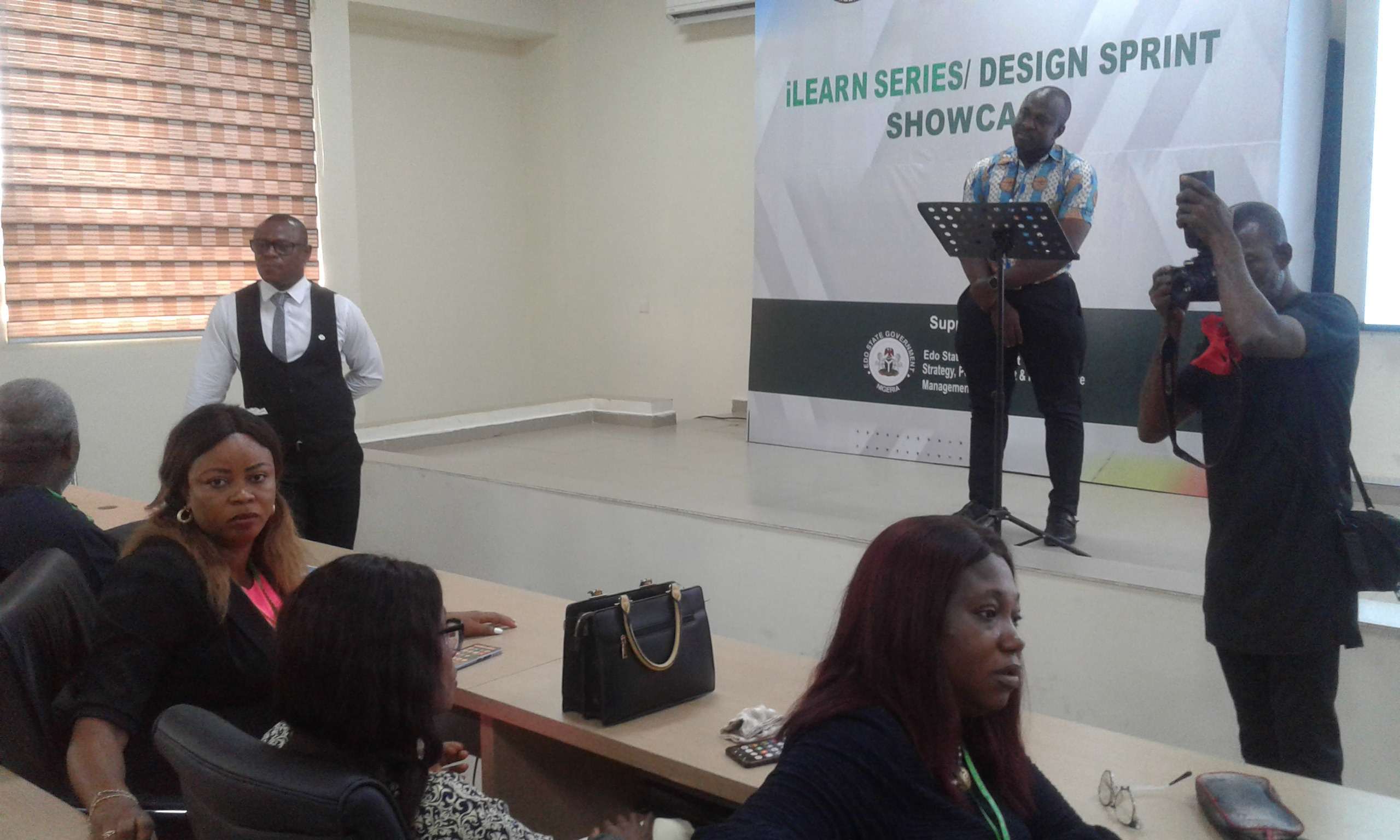From Moshood Karim
The Edo State Ministry of Business, Trade, and Cooperative and stakeholders in the microfinance cooperative sector convened on Wednesday to address pressing challenges hampering the sector’s growth and sustainability.
The inaugural Microfinance Cooperative Engagement held in Benin City highlighted significant hurdles faced by microfinance cooperatives in Sub-Saharan Africa. Keynote speaker Mr. Joel Ediowe underscored the critical issue of inadequate data management within microfinance cooperatives, hindering their ability to showcase their financial impact and measure developmental progress accurately.
Among the sector’s challenges outlined were the barriers to accessing capital, exacerbated by financial institutions’ reluctance to extend credit to ventures lacking robust data profiles. Mr. Ediowe also emphasised the detrimental effects of weak institutional capacity and governance on financial stability, coupled with high operational costs and inefficiencies in staffing and loan administration. Manual processes and technological deficiencies were identified as additional bottlenecks, leading to operational delays and errors.
Addressing these challenges, Mr. Ediowe proposed a multifaceted approach focusing on capacity building through enhanced management skills, targeted financial inclusion initiatives for women, youth, and rural communities, adoption of technological innovations in loan management, and advocacy for a supportive regulatory environment to foster responsive microfinance practices.
Dr. Efosa Ehioghiren further stressed the importance of regulatory compliance among microfinance institutions, urging practitioners to adhere rigorously to regulatory standards to ensure sector integrity and sustainability.
Dr. Osarenren Aigienohuwa, Chairman of the Association of Non-Bank Microfinance Institutions of Nigeria (ANMFIN), underscored the pivotal role of microfinance cooperatives in fostering financial inclusion and driving economic growth at the grassroots level. He called for strengthened collaboration between government and private sector stakeholders to enhance operational frameworks and support mechanisms crucial for sectoral advancement.
The President of the Edo Cooperative Federation (ECF), Mr. Ojo Filani, stated the significance of the engagement for the Microfinance sector, describing it as a new opportunity for collaboration. He explained that various cooperative societies, initially organised as primary societies, are now coming together in groups to form secondary societies, which are further linked to a State federation and a national body, the Cooperative Federation of Nigeria (CFA). This broader network connects to the African cooperative movement, with aspirations for global unity in the sector.
Filani emphasised the importance of cooperation and shared resources, including information, grants, and opportunities, for the development of microfinance businesses. He expressed optimism that the discussions would lead to stronger societies, encouraging unity and collaboration among microfinance cooperatives in the State. His message was one of solidarity, urging the sector to not only come together but to stay united for lasting impact.
In her address, Barrister (Mrs.) Felicia Edokpolor, Permanent Secretary of the Ministry of Trade, Business, and Cooperative, acknowledged the indispensable role of Small and Medium Enterprises (SMEs) in Nigeria’s economic landscape. She highlighted the ministry’s commitment to facilitating an enabling environment for microfinance cooperatives to thrive, emphasising the need for increased access to affordable credit and supportive regulatory frameworks.
The Director of Cooperatives, Mrs. Enoma Efeomo, emphasised the importance of collaboration between the government and stakeholders to address challenges in the cooperative sector. She highlighted the need for better coordination between the ministry and microfinance cooperatives, noting that some cooperatives have faced legal challenges, particularly regarding loans. Mrs. Efeomo assured that the government’s goal was not to hinder businesses but to improve them, benefiting both the cooperatives and the community.
She outlined plans for future collaboration, including training programmes to enhance the capacity of cooperatives and the introduction of a unique arbitration system for resolving disputes without involving the police. Additionally, the government intends to explore ways to provide cheaper funds to help cooperatives meet the needs of their members. She expressed optimism that through continued collaboration, many sector issues could be resolved, with higher authorities available for further support if needed.
The event also featured presentations from industry experts, including representatives from Prudent Choice Microfinance Insurance and SEDIN-GIZ, outlining initiatives aimed at securing credit facilities through insurance and providing training and empowerment programs for local entrepreneurs.
Participants at the engagement voiced unanimous calls for improved access to affordable credit facilities and urged the government to create a conducive business environment that supports the growth and sustainability of microfinance operations. The session concluded with a commitment from stakeholders to collaborate on future training programs aimed at enhancing financial literacy and inclusion across Edo State.
The maiden Microfinance Cooperative Engagement marks a significant step towards addressing systemic challenges within the sector, fostering collaboration between government agencies, microfinance cooperatives, and other stakeholders to drive inclusive economic growth and development in Edo State.
Get a premium automobile insurance coverage for your vehicle for as low as #15000 only and claim up to #3,000,000 in damages @Zenith Insurance To signup: WhatsApp/Call: +2349028313757







